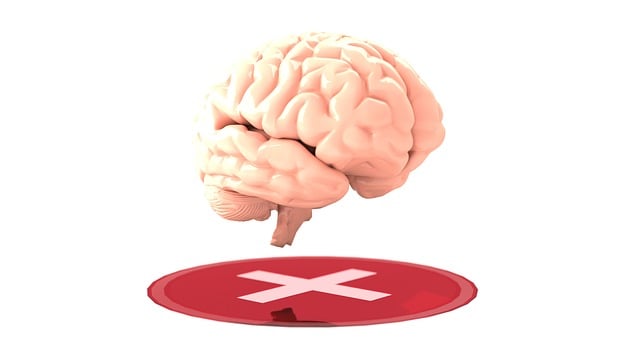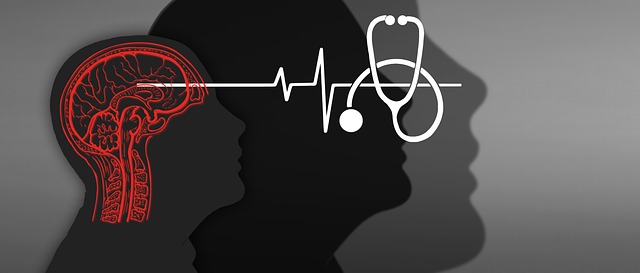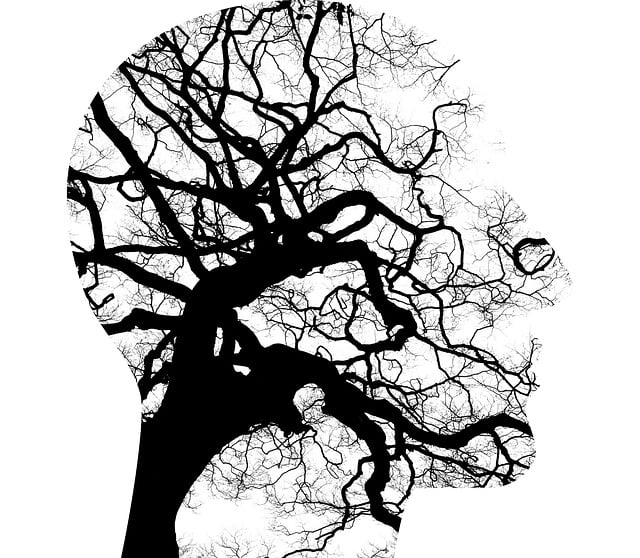Castle Rock Cognitive Processing Therapy (CRCPT) is an evidence-based approach to mental health treatment, focusing on thought patterns and behaviors to address conditions like anxiety, depression, and PTSD. Comprehensive education programs, combined with community outreach and holistic self-care practices, reduce stigma and empower individuals to make informed decisions about tailored therapies like CRCPT for effective recovery and improved quality of life.
Mental illness diagnoses can be complex, but understanding the process is pivotal to navigating effective treatment. This article serves as a comprehensive guide for patients, unraveling the intricacies of mental illness assessments and offering valuable insights into innovative therapies like Castle Rock Cognitive Processing Therapy (CRCPT). We explore CRCPT’s role in treatment, providing practical tips on self-care and advocacy to foster recovery alongside evidence-based practices. By navigating these resources, individuals can confidently chart a path towards improved mental well-being.
- Understanding Mental Illness Diagnoses: Unraveling the Process
- The Role of Castle Rock Cognitive Processing Therapy (CRCPT) in Treatment
- Navigating Treatment Options: A Comprehensive Guide for Patients
- Supporting Recovery: Tips for Effective Self-Care and Advocacy
Understanding Mental Illness Diagnoses: Unraveling the Process

Understanding Mental Illness Diagnoses: Unraveling the Process
Navigating a mental illness diagnosis can be overwhelming. The process often involves a comprehensive evaluation by qualified healthcare professionals, utilizing techniques like Castle Rock Cognitive Processing Therapy to assess symptoms and their impact on daily life. This therapy, designed to enhance emotional well-being promotion techniques, focuses on identifying underlying thought patterns and beliefs that contribute to mental health challenges.
Mental health education programs play a crucial role in this journey. They equip individuals with knowledge about their condition, fostering self-awareness and empathy building strategies. By understanding the nuances of mental illness, one can actively participate in treatment planning and make informed decisions regarding available options, which may include therapy types like Castle Rock Cognitive Processing Therapy, tailored to address specific needs and promote sustainable recovery.
The Role of Castle Rock Cognitive Processing Therapy (CRCPT) in Treatment

Castle Rock Cognitive Processing Therapy (CRCPT) has emerged as a powerful tool in the field of mental health treatment. This evidence-based therapy focuses on modifying negative thought patterns and behaviors, which are often at the root of various mental illnesses. CRCPT is designed to help individuals gain a deeper understanding of their thoughts, emotions, and actions, enabling them to develop inner strength and resilience. By participating in this therapy, patients learn effective coping strategies to navigate through life’s challenges, ultimately enhancing their overall mental health and well-being.
The therapeutic approach encourages active engagement and self-reflection, allowing individuals to identify and challenge distorted thinking. This process facilitates a positive shift in perspective, leading to improved emotional regulation and better decision-making abilities. Incorporating CRCPT as part of a comprehensive mental health education program can provide valuable crisis intervention guidance, ensuring individuals have the tools to manage their conditions effectively.
Navigating Treatment Options: A Comprehensive Guide for Patients

Navigating treatment options for mental illness can be a complex and often overwhelming process. Patients are presented with various therapeutic approaches, each offering unique benefits. One effective therapy gaining recognition is Castle Rock Cognitive Processing Therapy (CCPT). This evidence-based practice focuses on identifying and modifying negative thought patterns, helping individuals manage symptoms of anxiety, depression, and post-traumatic stress disorder (PTSD). By understanding the connection between thoughts, feelings, and behaviors, patients can gain valuable insights into their mental health journey.
The implementation of community outreach programs and initiatives aimed at Mental Illness Stigma Reduction Efforts play a pivotal role in encouraging individuals to seek help. These programs often incorporate educational workshops, support groups, and awareness campaigns that foster emotional intelligence. Emphasizing the importance of early intervention and accessible treatment options, such as CCPT, can significantly impact positive outcomes for those struggling with mental health challenges.
Supporting Recovery: Tips for Effective Self-Care and Advocacy

Supporting one’s recovery from mental illness is a crucial aspect of navigating diagnosis and treatment. Effective self-care plays a pivotal role in this process. Individuals can foster healing by adopting holistic practices that cater to their physical, emotional, and social well-being. This might include engaging in regular exercise, maintaining a balanced diet, practicing mindfulness or meditation, and cultivating a supportive network of friends and family. Additionally, seeking professional guidance, such as Castle Rock Cognitive Processing Therapy, can provide valuable tools for managing symptoms and promoting positive coping strategies.
Advocacy is another key component. Educating oneself about mental health conditions empowers individuals to actively participate in their treatment plans. Learning about available therapies, like Mood Management or Social Skills Training, enables one to make informed decisions. By understanding the various treatment options, including Castle Rock Cognitive Processing Therapy, people can collaborate with healthcare professionals to tailor a strategy that best suits their needs. This proactive approach not only facilitates better access to care but also enhances overall recovery outcomes and quality of life.
Mental illness diagnosis and treatment can be a complex journey, but with the right navigation assistance, individuals can find their way to recovery. By understanding the process of mental health diagnoses and exploring evidence-based therapies like Castle Rock Cognitive Processing Therapy (CRCPT), patients gain valuable tools for their treatment. A comprehensive guide to navigating treatment options equips them to make informed decisions, while self-care practices and advocacy support their long-term well-being. Embracing these resources paves the way for a brighter and more hopeful future.














